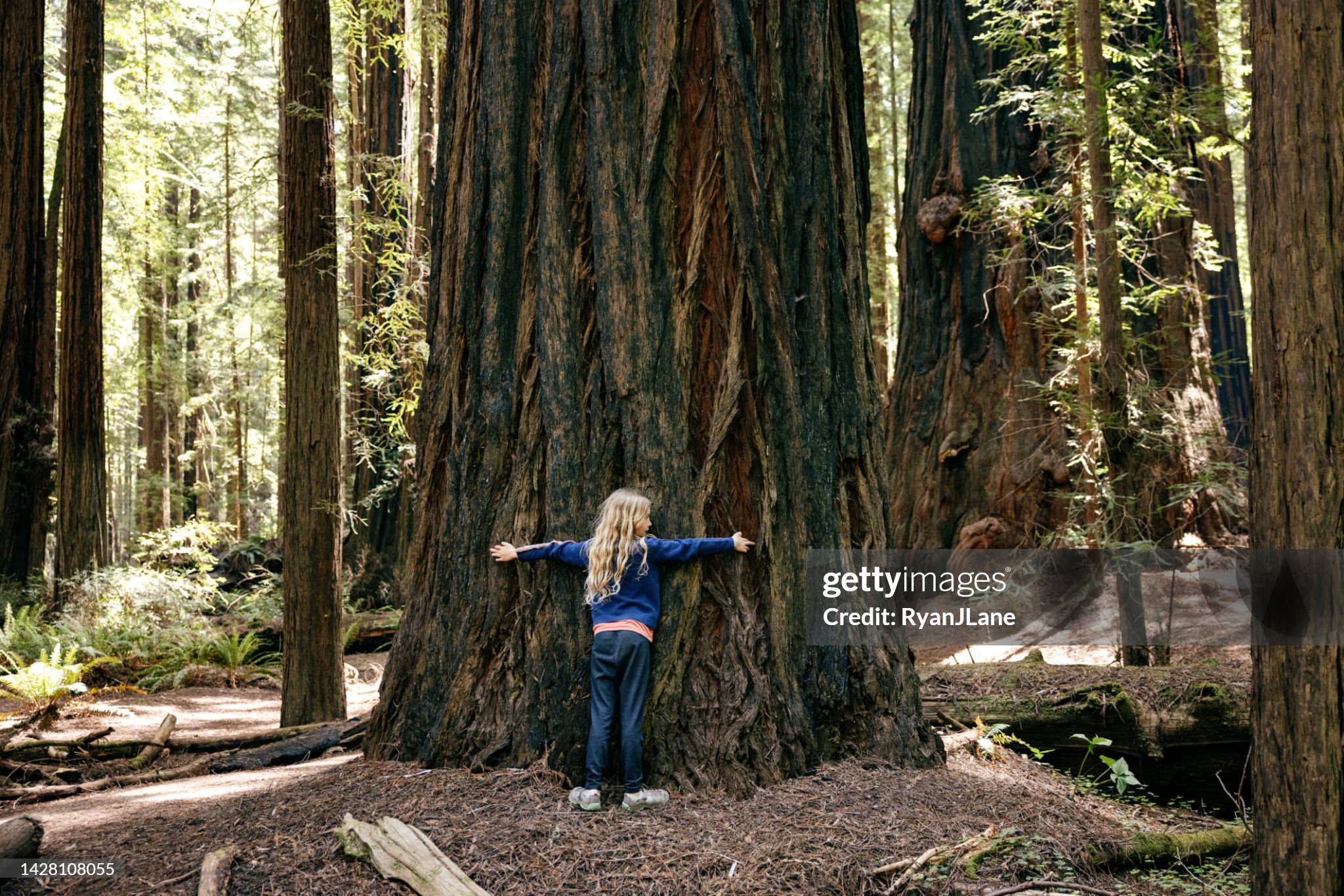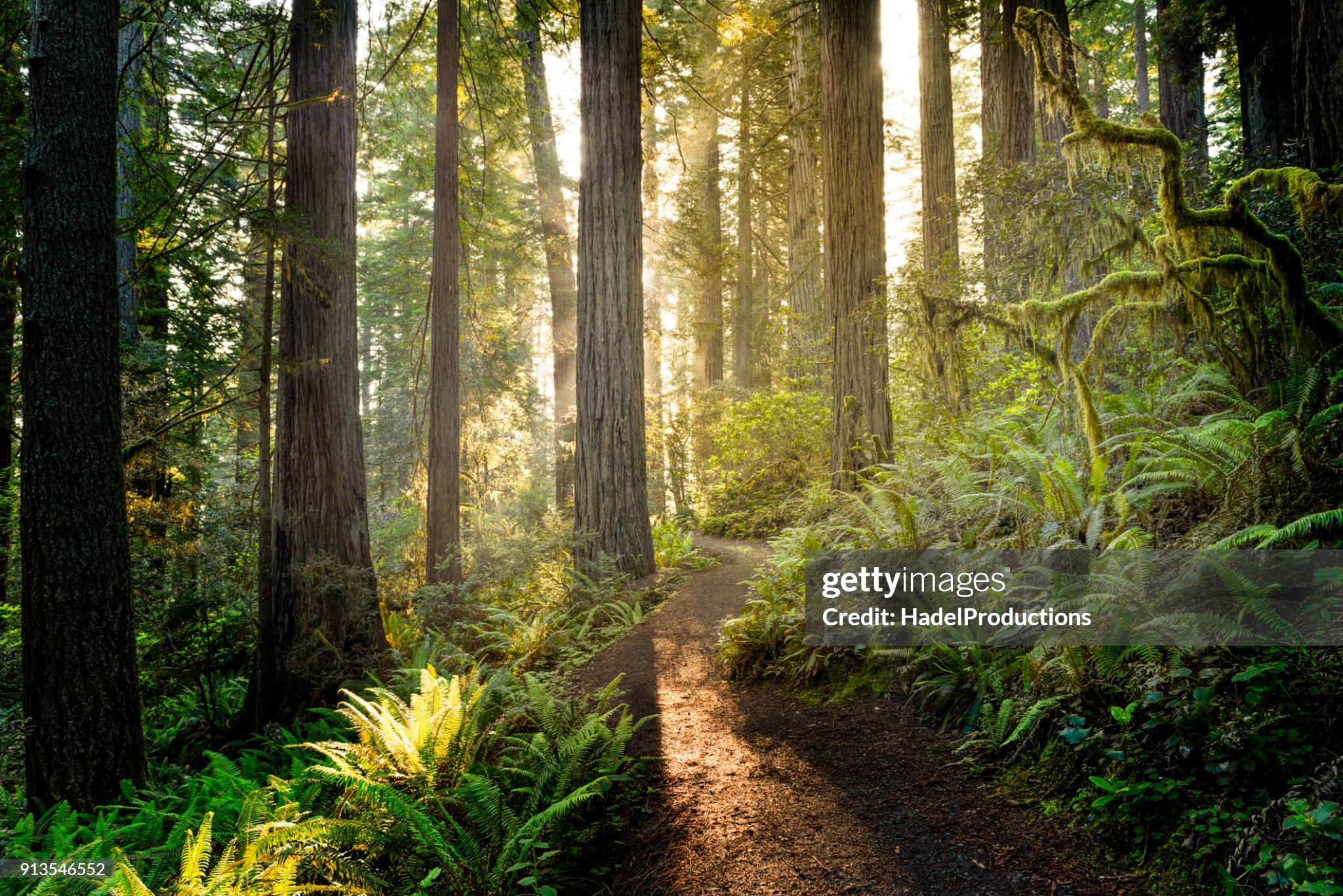INSIGHT
Kentucky
Daniel Boone
Bethlehem Star
The Three Kings
John 3:16
“For God so loved the world, that he gave his only begotten Son, that whosoever believeth in him should not perish, but have everlasting life.”
“For God so loved the world, that he gave his only begotten Son, that whosoever believeth in him should not perish, but have everlasting life.”
"The scientist loves both the truth he discovers and himself so far as he discovers it"~~~Paul Tillich
Chess: "Insight" "Kentucky" "Daniel Boone" "Star of Bethlehem" "The Three Kings"















